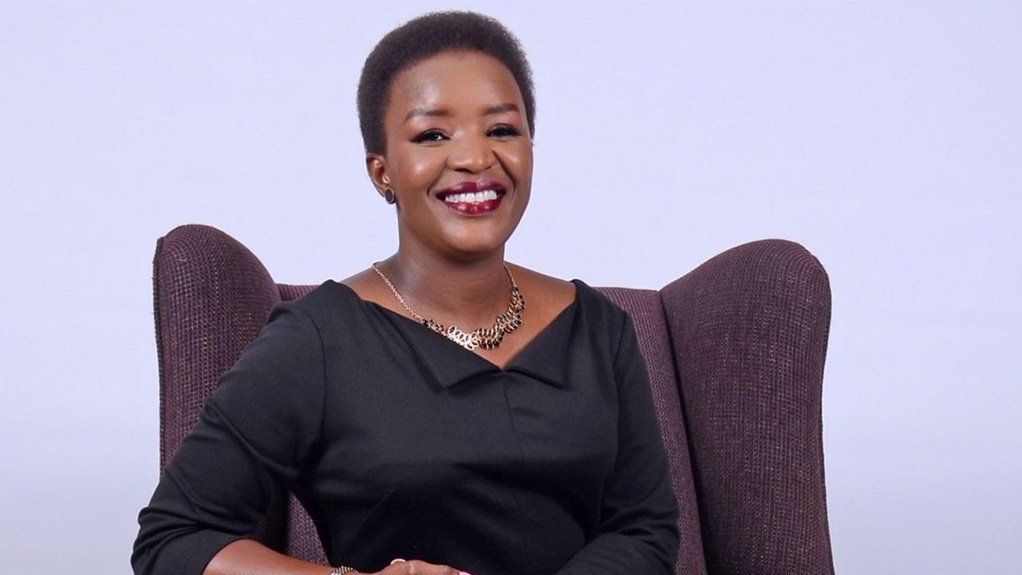Business organisation Business Leadership South Africa CEO Busiswe Mavuso writes in her latest weekly newsletter that the withdrawal of foreign investment seems to be “dominating” at present.
She avers that while foreign investment in South Africa hinges on many factors, including global strategies and the country’s links to the rest of the world, the more attractive a country is, the more investment it receives.
Mavuso says energy company Shell’s plans to exit its downstream business in South Africa, mostly its 600 petrol stations, were driven by many factors.
“It has shifted global strategy away from downstream, but if South Africa offered a predictable regulatory environment and stronger economic growth outlook, such a decision could have gone the other way,” Mavuso posits.
“Coming weeks after news that BHP is keen to buy Anglo American, provided it first unbundle its South African assets, it is clear that global giants have lost appetite. People vote with their feet, capital has many addresses, and if we’re not going to make it easy to invest here, it is going to land somewhere else,” Mavuso warns.
Mavuso highlights, however, that some companies do choose to invest in South Africa.
Amazon Web Services last year committed to invest R30-billion in South Africa over the next ten years, having already invested R15.6-billion and created 5 700 jobs, she points out.
The company is also building a R4.5-billion head office in Cape Town.
“It does so in a welcoming environment that includes various incentives that support call centre employment, among other benefits for the company,” Mavuso says.
She avers that the background reality is that South Africa’s mining and manufacturing sectors have been shrinking over the past 20 years, while services have been growing.
Mavuso posits that this reflects global conditions and the rise of cheaper manufacturing bases, but also the impact of policy uncertainty and the collapse of important economic infrastructure, particularly electricity supply and logistics.
“Services companies are less exposed to the efficient working of ports, and many can create their own power sources given they are not particularly power intensive,” she explains, adding that there is also less regulatory risk.
“If we want to attract companies that must make big long-term investments in fixed infrastructure, like miners and manufacturers, we must create an investor-friendly environment,” Mavuso emphasises.
She highlights the need to instil confidence that South Africa is a business-friendly environment with a government that respects the commercial realities facing companies.
Mavuso warns that even domestic investors will not invest if they perceive the potential returns to be low relative to the risks.
“Foreign investors are also important in bringing international expertise to our economy, driving competition and ultimately improving the quality of service that end-consumers receive.
“Thanks to our low domestic savings rate, there is simply too little domestic capital to be able to provide all the investment that the economy needs. The fewer foreign investors that come, the poorer we are,” she posits.
EMAIL THIS ARTICLE SAVE THIS ARTICLE ARTICLE ENQUIRY
To subscribe email subscriptions@creamermedia.co.za or click here
To advertise email advertising@creamermedia.co.za or click here











